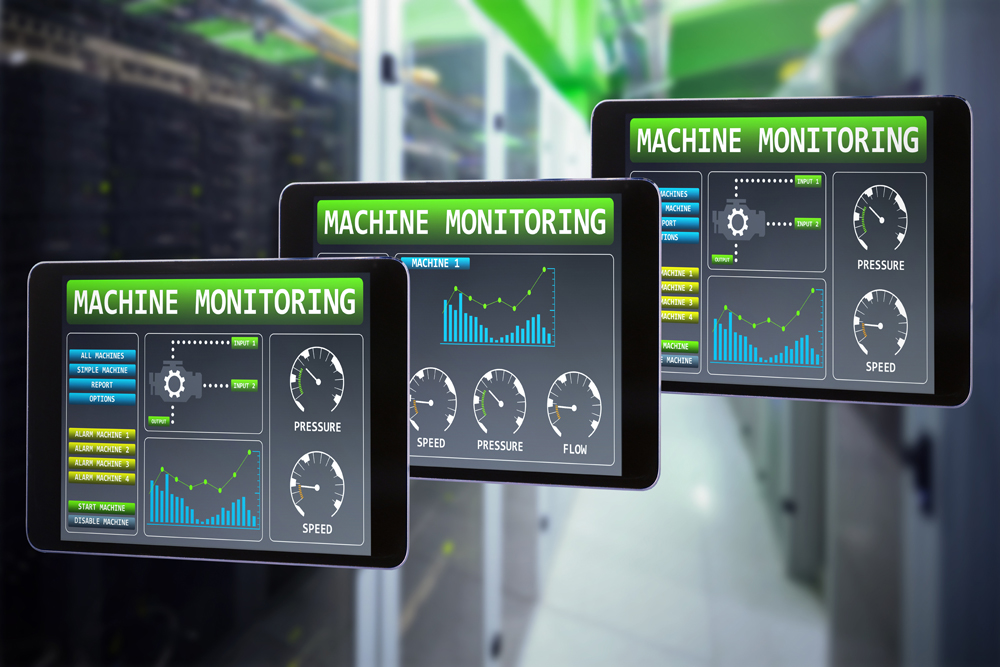Taiwan's Metal and Machinery Industry Embarks on Smart, Low-Carbon Transformation
2025/07/07 | By CENSTaiwan’s metal and machinery industry is undergoing a critical transformation in response to global market demands and net-zero carbon trends. With strong support from the Industrial Technology Research Institute (ITRI), the sector is evolving from traditional manufacturing toward digitalization, smart production, and sustainable low-carbon operations.
In 2025, ITRI promoted common data exchange standards and energy monitoring tools across 16 supply chains in the metal and machinery sector. This initiative successfully helped over 100 companies shift from working in isolation to collaborating across the supply chain, creating integrated, resilient, and low-carbon manufacturing ecosystems. The focus has expanded from optimizing individual production lines to enhancing the entire cluster’s operational efficiency and sustainability.
Recognizing that digital transformation and net-zero are no longer options but necessities for survival, ITRI has played a key role as a technology integrator and transformation partner. Through its one-stop services—covering lean management, process optimization, system implementation, and energy management—ITRI provides customized solutions to help companies map out their optimal transformation paths.
Several companies showcased their success stories. Sihchong Industry, for example, moved from manual scheduling and phone coordination to building a digital platform that links 23 supply chain partners. This shift reduced confirmation time by 33% and improved overall delivery lead times by 15%. Similarly, Hsin Mau Screw enhanced production efficiency by 15% and inventory turnover by 25% by integrating processes with 10 suppliers and adopting real-time monitoring systems. Production preparation time was cut from 8 hours to 2 hours, significantly boosting responsiveness to urgent orders. Chennan Wire further demonstrated supply chain integration by helping 6 partners implement standardized data exchange and monitoring systems, reducing anomaly analysis time by 75%.
These achievements highlight Taiwan’s metal and machinery cluster’s new phase—where information integration, system implementation, and energy monitoring bring real transformation, not just slogans. Going forward, ITRI will continue to serve as a technology integrator and industry partner, working with companies, government, and associations to build a globally competitive and sustainable metal and machinery industry. This sector is set to evolve from traditional manufacturing into a key pillar supporting Taiwan’s smart manufacturing and green economy future.


